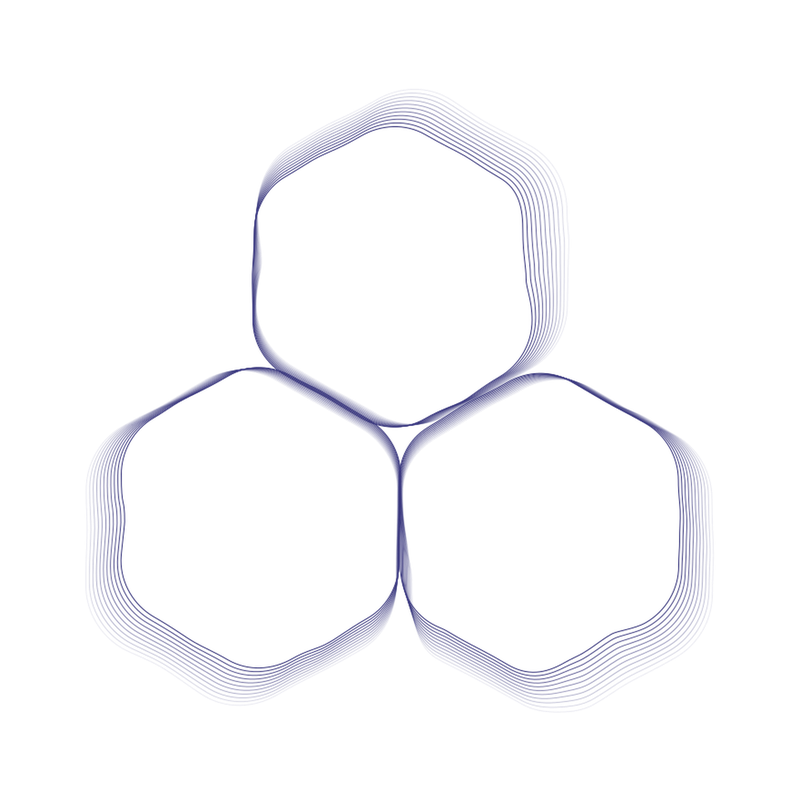Research for software projects
Give your software project the best chance of success
Research is at the heart of all great software projects. It helps you define your software vision, understand what good looks like, and work out how to balance your competing needs.

Software projects deliver more with research
Stop guessing at solutions
Research takes the guesswork out of your project and helps us align the vision and priorities to tailor a solution to the reality of your world.
Avoid costly assumptions
You may think you understand the underlying problem and have a clear path forward, but the devil is in the detail. Research can uncover opportunities and challenges we didn't initially see.
Understand what users want
Understand what's important to your users, what their lives look like, and how software can support them to accomplish important tasks.
Empower us to give you more
If you're coming to us, you want to build on your ideas. Research helps us understand what matters most and create the best solution for you.

“The Digital Notebook app we created with Smudge is a game changer. Using it can make situations less dangerous, you can avoid taking your eyes off the person, and it’s easier to put away if the situation changes.”
Our research toolkit
Shadowing your team while they work, and listening quietly gives us a far deeper understanding of the issues your team face day-to-day. When we’re face to face with your team, people feel more comfortable, and conversations are real.
When we do user research, what we're really trying to do is get alongside your people, observe their days, and understand what they care about. Often the best way to do that is to get out in the field and ride along with your team.
We love starting small. When we draw up rough ideas or build part of a solution, show it to your people and ask, how would this work for you? Tell us what is missing? Testing early in the project helps us dig into what works and what doesn’t before we get into the main part of the build.
We look at the other tools in your digital ecosystem your new software needs to work with. We also look at off-the-shelf tools in the market to explore industry best practice and take inspiration from the best features they offer.
You can’t beat research in the field

The value of riding along with Coca-Cola's sales reps
Coca-Cola had a long list of desired features for their mobile sales app. Giving reps more flexibility to update their schedule was on the list, but it wasn’t a priority, nor did they say why it mattered. When we rode along with the reps, we realised quickly that whatever their schedule, things would arise that forced them to adjust their plan. Once we understood that, we prioritised making it really easy for reps to change their day.

Being a fly on the wall with California’s state police
We recently spent time in California researching an app for police. We spent time observing the police muster room, listening to officers having conversations and getting to know them. Because they felt comfortable, they talked about their day with no pretence. Listening quietly in that space gave us a far deeper understanding and level of frankness from officers about the issues the police face day-to-day, than if we’d changed that dynamic and brought officers into a workshop.

“Our mobile app ecosystem has revolutionised frontline policing in New Zealand through empathetic and considered design. It has improved public safety for all New Zealanders and is a world leading program that we are all very proud of.”
Research principles for software design
The secret of software success is in the details. No detail is too small. But it often takes a fresh perspective to see crucial details that have become invisible to you because they’re your everyday. The key value of a researcher can be their ability to be a fresh, curious set of eyes.
Taking someone out of their safe environment and putting them in a workshop isn’t the best way to get meaningful insights. Being there, hearing people talk, seeing the emotions on their faces, it’s hard to get a better frame of reference than immersing yourself in the day-to-day context of a tool.
Business leaders think they know what they need, build a tool, and tell their team when it’s ready to launch. But any successful software project starts with talking to your users and getting a strong understanding of their needs.
When you show up, make the effort to understand how your team works, and listen to their problems in a genuine way, they can tell you want to help them out. And they’re far more likely to use a tool they’ve helped co-create.
When we start research, sometimes we find organisations don’t have a technology problem. It’s their business process that needs to change. Evolving process solves the problem they thought needed a software tool.
Many software projects highlight organisational challenges. You need senior leadership buy-in to ask tough questions about your business processes, understand why things are done in a particular way, and to influence change.
Many organisations start a project thinking technical problem-solving is the biggest challenge. But the hard part is bringing your users and team on the journey, validating their needs, making sure they feel part of the process, and then using your new tool.

“The first time we met Smudge, they visited a simulation in progress. The fact they were willing to come and see the simulator used within the clinical environment at that early stage spoke volumes about their commitment.”
Our Approach
The beauty of balance
To help businesses transform, we solve problems using Intention-Based Design. Supporting this methodology are three overlapping sets of considerations: human, business and technical.
Your research investment
Research lays the foundation for your software project, defining success and guiding feature development with purpose. It ensures we create a high-value tool that solves your problem and delivers results.
Research budgets range from $10,000 to $100,000, with higher budgets covering research, prototyping, and user feedback refinement.
Research is part of a suite of software services
At Smudge, we design and build digital tools that tackle tough, high-impact business challenges. Think of them as the precise puzzle pieces your digital ecosystem needs. With a diverse team of specialists, we bring a blend of skills and expertise to solve your problems with custom software.
Mobile apps
We specialise in designing and building high-value mobile apps for organisations. Think apps that meet an essential need for your customers or solve an important business problem for your team.
Desktop apps
Tools that are hard to use gather dust, while tools people enjoy using deliver value that far exceeds their cost. We focus on your app's user experience to ensure your investment pays off.
Custom Software Development
If the right tool doesn’t exist for your particular business problem, custom software could be the answer. We can help you understand your needs, explore ideas, and build you a tool if custom software is the right fit.
Product management for software
Big software tools can take years to build and they evolve to fit the changing needs of your business. Product management helps you develop a detailed roadmap to move you towards your vision in an efficient way.
Tell us about your software project
We can help you understand your needs, explore ideas, and build you a tool if custom software is the right fit.
Sign up to the Fingerprint, our monthly round up of tech news, Smudge projects, and tips for solving problems with software.
Software research FAQs
It’s fantastic you know your business so well. That can become a challenge if your familiarity with your business becomes a block to progress.
While it is invaluable for you as a leader to understand what it's like to work in your business or be a customer, it’s also really hard to put yourself in their shoes. When you try to have that experience, your authority changes the dynamic. People are on their best behaviour, and it’s difficult to build enough trust for them to relax. It’s hard for you to have the same experiences we can as external researchers.
Often the best way to make a business run better is to improve the ease and efficiency of key tasks, yet it’s common for business owners and senior leaders to forget what it’s like to do those basic tasks that drive a business.
We research software projects from two angles:
- Solving problems for your workers.
- Improving process from a business perspective.
Tools built purely to solve a business problem without consulting the people who will be using the tool almost invariably fail. Research uncovers those details that really make a difference to the success and the value of your tool. Depending on your background and how long you’ve been in the business, you may no longer be the person using your new software day in day out. Therefore, you may not be the best person for us to consult on the way your new tool should work.
How deeply we immerse ourselves in your business depends on the complexity of the problem you want to solve. When we built a tool for frontline police, research took many months, while a half day with an experienced design team was enough time to understand they’d already done great design work for a medical simulator.





